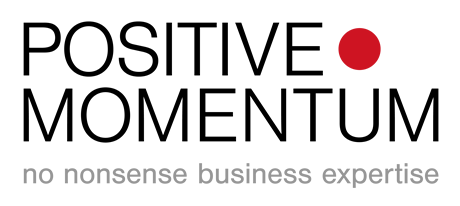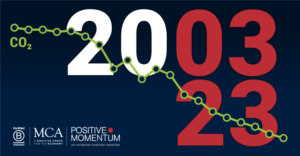If you’ve never made a hiring mistake then I’d guess you haven’t hired that many people. Despite all the research, experience and so-called tools, ineffective recruitment decisions remain one of the biggest drags on any organisations performance.
Over 25 years I’ve made more than my fair share of shocking recruitment decisions and I can only apologise to those square pegs I have tried to force into round holes and to those people who I have thrown together in combinations that too often didn’t quite work. However, when I do get it right it is normally because of these three simple things.
Build a bench
The sad reality is that too many hiring decisions are made in haste as a result of an urgent need for someone to carry out a role. In this world of massively constrained resources, a single open vacancy can literally be the difference between success and failure for a team and so as interview-fatigue/panic sets in and we meet someone who we convince ourselves is almost-right for a role, we can easily throw caution to the wind and take the plunge. As leaders we can also feel the fear of someone noticing that the world is still turning for you even with that vacancy and so the open role becomes an easy target for an ‘efficiency saving’. So, better to have a body with a pulse in a chair than an empty cubicle, right? Well of course not but we need a real world solution to this very real challenge. How many potential future candidates did you meet in the last month who might be interested in joining your team within the next year or two? Whatever the status of your team you will definitely have some attrition within that time frame and so ongoing discussions with potentially interested parties is the only way to get ahead of the unpredictable wave that’s coming. Whilst you might be fortunate to have resourcing colleagues who can help with recruitment, the ultimate cost of a poor hiring strategy will always land with you and so you’ve got to prioritise this personally. Only talking to potential candidates when you’ve got a vacancy staring you in the face is a major cause of poor hiring decisions. In my business our team of PA’s are one of our most critical assets and I haven’t always been good at foreseeing turnover in this community. Today I have two ‘warm candidates’ lined up for when the need arises and I’m in the routine of meeting one more per month.
Phone a friend
There is an odd programme called Who’s The Boss running on the BBC in the UK just now that’s about a collaborative recruitment process where employees take a very active part in the hiring of key leaders. Whilst the programme could be better, the principle is a good one in that asking for a diverse set of opinions from people with a stake in the decision can create a more positive outcome. However, the concept of involving colleagues in your recruitment decisions is far from new and I suspect most people reading this do something like that already. How about in addition asking third parties who might be less politically biased? If you’re in Finance how about getting a partner in your accounting firm to review a candidate, if you’re in procurement a key supplier, if you’re in sales a key client, etc. I have a panel of c10 ‘friendly clients’ who are very happy to take a 15-minute call a couple of times a year to chat with potential new PA’s/consultants and to give me their unvarnished view. I don’t always agree with their view and it’s irritating how often they are right and I am not, however I am convinced these trusted advisors have saved me, and the poor souls I might have otherwise invited in to roles, a whole world of pain.
Stop ‘interviewing’
The interminable CV/resume filtering followed by structured interviews with tired and utterly predictable questions, and peppered with some pseudo scientific psychometric test is a process that should really be consigned to history. Even the presentation/role play/group assessment ideas are getting more than a bit worn. These approaches all served us brilliantly right up until the time everyone became so schooled in how to deal with them that we’ve now ended up with an approach that’s more like a game to be mastered than an actual process for making sure that we engage maturely with our candidates to help them and us to determine whether we really fit together. My first experience of this was when I went for my first job and the person from the recruitment company taught me which words to say in the interview to maximise the chances of getting the job. Hence I became tenacious, driven and resilient having never described myself like this ever before! It became more like propaganda than an actual explanation of who I am. I was lucky to have choices about who to accept a role with and so I chose the person who I thought wasn’t tricked by daft words and instead was the one that I thought really understood me. Fortunately I was right. In a first interview I inform candidates at the very beginning that I’ll tell them the good, the bad and the downright ugly about me, us as a company and the role they think they are interested in, if they promise to do the same about them. I tell them I’m not interested in the nonsense at the top of the CV about them being “a team player who can also work well on their own”. Instead I want to get to the ‘real them’ as soon as possible to avoid either of us deluding ourselves about our suitability for each other. I’ve lost count of the hours I’ve saved me and candidates by facing up to the fact that we just don’t fit after only 30 minutes. I’m also very proud of the people I’ve hired who had CV’s that most people would have filtered out.








